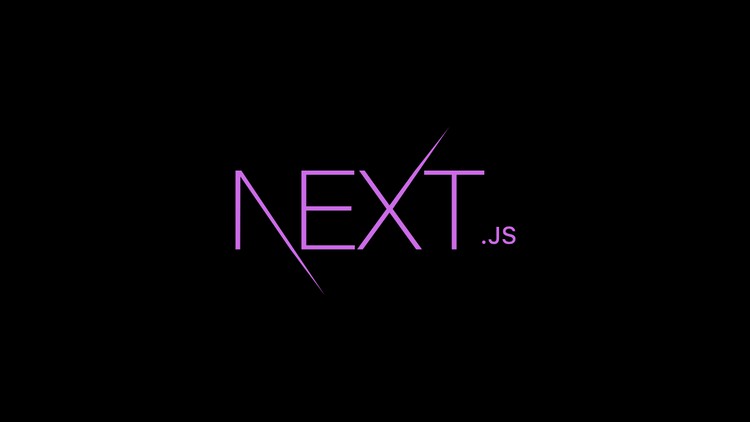
Create a simple todo app to learn the server side rendering from the bottom up with Next.js
What you will learn
NextJS features like pre-rendering, SSR
Learn client side navigation
Review the React important feature
Develope app with next js
Description
Why need to learn Next.js
Using server-side rendering, Next.js overcomes both of these issues. Next’s framework makes it easy to write scalable, performant React programs without having to worry about settings. That’s why so many companies depend on Next for shipping production applications.
Server Side rendering
When developers recognized that pushing too much React code to the client was a problem, they wondered if it was possible to code in React while still sending HTML documents to clients.
After all, all you have after the React code has finished processing is an HTML document.
So they went ahead and did it. SSR (Server-Side Rendering) for React was created.
With SSR, you can now write React code, run it on the server (which is more powerful than a typical client device, such as a smartphone), and then deliver the HTML document to the client.
What you will learn in this course?
We will walk through
- Create NextJS app
- use getStaticProps to get user data
- add active class with useRouter.
- Add card components
- using Nextjs link
- create custom error page
- index, nested and dynamic route
- Nextjs getStaticPath
- Nextjs image component
- Add button and background image
It’s backed by a 30-day Udemy money-back guarantee. If you also want to learn SSR, join us now